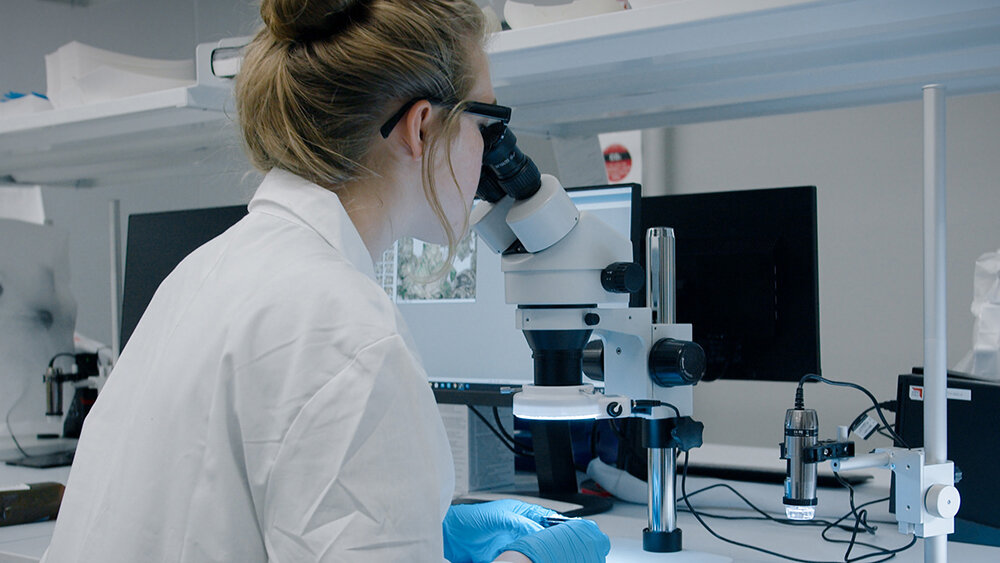
An administrative law judge found cannabis testing facility Viridis Laboratories to be non-compliant with standard operating procedures regarding potency and foreign matter testing. This adds to a pattern of questionable practices and regulatory scrutiny surrounding the company and its key figures.
The legal woes mounting against Viridis Laboratories, one of Michigan’s largest cannabis testing facilities, are not occurring in a vacuum.
A recent proposal for decision by an administrative law judge, siding with the state’s Cannabis Regulatory Agency and upholding a massive 2021 marijuana recall, adds to a disturbing pattern of questionable practices and regulatory scrutiny surrounding the company and its key figures.
The judge’s findings, which detail Viridis’ non-compliance with standard operating procedures regarding potency and foreign matter testing, have reignited concerns about the integrity of cannabis testing in Michigan. This legal battle, however, is only the latest chapter in a history marked by controversy and alleged misconduct involving Viridis’ licensees.
One of them, Greg Michoud, was a major figure in the infamous 2014 Max Lorincz case that exposed a conspiracy to manipulate evidence and falsify charges against medical marijuana patients. He was later forced out of his leadership position with the Michigan State Police crime lab. A few years later, he helped form Viridis.
In that incident, Lorincz, a registered medical marijuana patient, found himself embroiled in a nightmarish legal battle after his wife experienced a medical emergency that required an officer to come to their home. Despite possessing a valid medical marijuana card, Lorincz’s legal use of cannabis concentrate triggered a series of events that led to his son’s removal from his custody and subsequent felony charges.
The case revealed a disturbing pattern of misconduct within the Michigan State Police crime lab, where officials were found to have deliberately misclassified medical cannabis as synthetic THC, effectively stripping patients of their legal protections. Internal emails uncovered during the investigation exposed a system where lab analysts were pressured to report “THC — origin unknown” in cases where plant material was absent, allowing prosecutors to pursue felony charges against medical marijuana users.
This policy, driven by anti-cannabis sentiment and a desire to undermine the state’s medical marijuana program, resulted in wrongful arrests, family separations and a chilling effect on patient access to legal medicine. The parallels between the 2014 scandal and the current legal battle against Viridis are undeniable, raising questions about the company’s commitment to ethical practices and regulatory compliance.
Read the rest of this story at City Pulse






